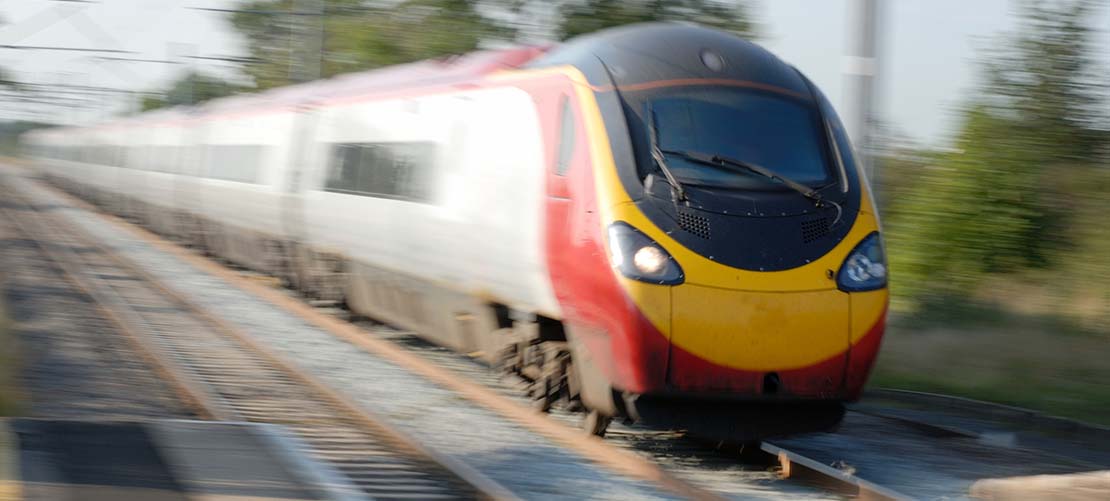Happy new Regulations day! The 'Market Pillar' takes steps to open up the railways to competition

Today (11 February 2019) sees the coming into force of provisions intended to implement the "Market Pillar" of the Fourth Railway Package of EU legislation following the approval of EU Directive 2016/2370 in December 2016. They recognise the ever-increasing steps which the European Union is taking towards opening up railway markets to competition, through the strengthening of the requirement to separate (both in theory and practice) the management of railway infrastructure from railway undertakings (or train operations).
The Railways (Access, Management and Licensing of Railway Undertakings) (Amendment) Regulations 2019 ("2019 Regulations") amends The Railways Infrastructure (Access, Management and Licensing of Railway Undertakings) Regulations 2016 ("2016 Regulations") – but only for a "transitory period".
Interestingly, with the United Kingdom shortly scheduled to withdraw from the European Union, the amendments made by the 2019 Regulations only have effect for a "transitory period". This is the period from today until the end of 31st December 2020 – this date being aligned with the end of the proposed Brexit transition period. Clearly, as the 2019 Regulations (and the 2016 Regulations) derive from EU law, depending on the future relationship with Europe, these will need to be revisited in due course.
The amendments introduced by the 2019 Regulations will be particularly relevant when considering Alliancing with Network Rail or other arrangements where infrastructure management and train operations are brought together or managed within the same group of companies. Infrastructure managers may also wish to ensure that incentive arrangements for senior employees are reviewed to ensure they are consistent with the new requirements. The good news is that references to the 2016 Regulations in documentation should remain correct (as they are amended by the 2019 Regulations).
It is worth noting that the Fourth Railway Package should also be implemented in other member states, which may offer opportunities for those looking at competitions in EU member states that have traditionally had vertically integrated structures.
Key changes introduced by the 2019 Regulations include:
- There are strengthened separation requirements within vertically integrated undertakings so that decisions on the "essential functions" are genuinely taken independently and without a conflict of interest arising. For example:
- there are restrictions on individuals being concurrently employed or appointed as a member of the management board of an infrastructure manager and a railway undertaking;
- an individual cannot be responsible for taking decisions on the "essential functions" and be a member of the management board of a railway undertaking;
- members of the management board of an infrastructure manager cannot receive performance-based remuneration from any other entity within the vertically integrated undertaking or bonuses relating to the performance of particular railway undertakings;
- information barriers are required around matters relating to the "essential functions" where IT systems are shared within a vertically integrated undertaking; and
- there are strengthened financial transparency requirements, such as no dividends being payable to companies exercising control over both the infrastructure manager and a railway undertaking, no loans being made between infrastructure manager and railway undertaking and loans between entities within a vertically integrated group being on market terms.
- There are new or amended definitions including:
- "essential functions" is newly defined as train path allocation and infrastructure charging;
- "infrastructure manager" is amended to tie in with the operation, maintenance and renewal of railway infrastructure and participating in its development;
- "vertically integrated undertaking", in essence, means groups of companies where there is both an infrastructure manager and a railway undertaking in the group, save where both are directly controlled by a Member State; and
- "maintenance", "renewal" and "upgrading" are also now expressly defined.
- Provisions previously applying only to international railway passenger services now apply to all railway passenger services.
- There is a requirement for cross-border cooperation in the event of cross-border disruption.
- There are additional specific grounds (in addition to being "unfairly treated, discriminated against or is in any other way aggrieved") upon which an appeal can be made to the ORR as the regulator. These are:
- traffic management;
- renewal planning and scheduled or unscheduled maintenance; and
- compliance with the requirements on separation and conflicts of interest.
- More detail is set out on the requirements for the allocation process for track capacity. Largely, the UK is expected to already comply with this. The default date for the half-yearly timetable change in the 2019 Regulations is set as mid-June, whereas in the UK it is currently towards the end of May. The May date will still be permitted; however there is a process for notifying the Commission if international traffic may be affected.
A link to the 2019 Regulations can be found here.



